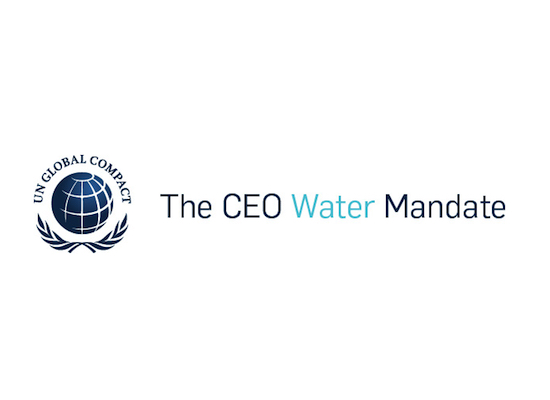Primary Functions
- Explore the way in which connections among climate, energy, and water are likely to affect business.
- Provide guidance on what businesses can do strategically to manage water-climate risks.
- Understand how companies can partner with the United Nations to take action on both climate and water.
Detailed Description
Virtually every business decision is also a decision about the use of natural resources. This paper describes how global warming is affecting water and energy resources, and the challenges and opportunities this presents globally. The paper summarizes the way in which connections among climate, energy, and water are likely to affect business and offers general guidance on how companies can respond to the challenges in an integrated way. The paper highlights how regions of the world that will experience the worst impacts of climate change are those near the equator and overwhelmingly impoverished. And the paper concludes by focusing on the UN Millennium Development Goals (MDGs) as they relate to climate change and alleviating the global water crisis, and suggests ways that business can partner with the UN to work toward their achievement.
Climate-related impacts on water resources are already being documented. In all corners of the world, there is growing empirical evidence of increased severe weather events, flooding, and diminished ice cover, all of which can be attributed to climate change. Numerous scientific studies also show increases in the intensity, duration, and spatial extent of droughts, higher atmospheric temperatures, warmer sea surface temperatures, changes in precipitation patterns, and diminishing glaciers and snowpack.
Another important aspect of the water-climate change linkage is the strong connection of both to energy. Water is used for extracting, refining, processing, and transporting all forms of energy, from coal to solar. Large volumes of water are used as cooling water in conventional thermal generating plants. Energy production can also cause significant water pollution. Presently, the risks of managing water and energy/climate change in isolation of one another are woefully under-appreciated by policy-makers. Indeed, water and energy policies often compete with one another, with decision-makers frequently inadvertently valuing energy production over water protection.
It will become increasingly crucial for businesses to incorporate climate change factors when assessing and managing their water risks. A critical driver of success in the 21st Century economy will be how companies and investors balance the competing demands for water and energy.







